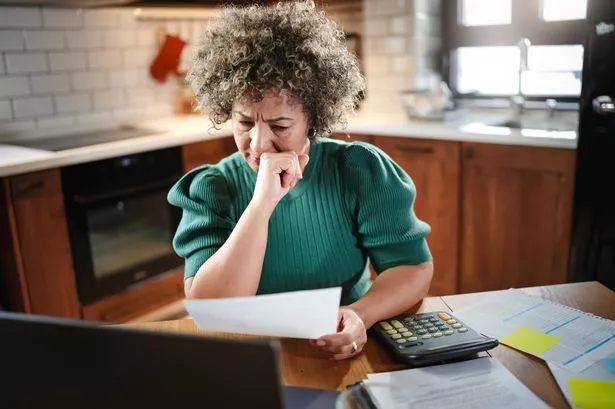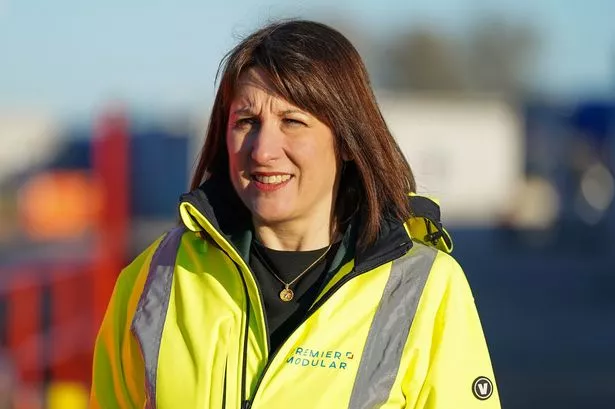London, March 21, 2025 — A public petition calling on the UK government to increase the personal income tax allowance from £12,570 to £20,000 has surpassed 210,000 signatures, reflecting growing frustration among workers and pensioners grappling with the rising cost of living.
The petition, initiated by British citizen Alan Frost, urges the government to ease the tax burden on low earners and retirees, many of whom are increasingly struggling to cover basic expenses such as food, housing, and utilities. The proposal suggests that the first £20,000 of an individual’s income should be tax-free—an idea that has gained traction across various sectors of society.
A Public Outcry for Relief
The petition was launched on the official UK Parliament website and quickly gained popularity. As of today, it has well exceeded the 100,000 signatures required to be considered for a debate in Parliament.“The personal allowance should be raised to help those most affected by the cost-of-living crisis. Low earners and pensioners deserve to keep more of their income,” reads the petition, which can be viewed here.
The movement comes amid ongoing concerns that tax thresholds have not kept pace with inflation or wage growth. Critics argue that freezing personal allowances is effectively a stealth tax, pushing more people into higher tax brackets—a phenomenon known as fiscal drag.
Government Response: No Plans for Change

On February 20, 2025, the UK government issued an official response, stating it has no intention of increasing the personal allowance to £20,000 at this time.
“The Government has taken action to support households through the cost-of-living challenges, but increasing the personal allowance to £20,000 would cost over £40 billion a year,” the statement read. “This would significantly reduce tax receipts and make it harder to fund vital public services like the NHS, schools, and police.”
The full government response is available on the Petitions Parliament website.
Current Personal Allowance and Tax Bands
The personal allowance is the amount of income an individual can earn each year before they begin paying income tax. It has been frozen at £12,570 since the 2021–22 tax year, a decision originally announced during the COVID-19 recovery period.
The UK’s income tax structure for England, Wales, and Northern Ireland currently includes the following thresholds:
- Personal Allowance: Up to £12,570 — 0% tax
- Basic Rate: £12,571 to £50,270 — taxed at 20%
- Higher Rate: £50,271 to £125,140 — taxed at 40%
- Additional Rate: Over £125,140 — taxed at 45%
Full details of the current tax bands and personal allowances can be found on the official HM Revenue & Customs (HMRC) website.
In Scotland, income tax bands differ slightly due to devolved powers, and the Scottish Government sets its own rates and thresholds. These can be found on mygov.scot.
Wider Economic Concerns
Economists and policy experts are divided on the proposal. While raising the personal allowance to £20,000 would certainly provide immediate relief to millions, it would also represent a significant loss in tax revenue for the Treasury—money that funds critical public services.
“It’s a populist move that makes sense for households but would require either large spending cuts or increases elsewhere,” said a senior tax analyst at the Institute for Fiscal Studies (IFS).
Despite government objections, the petition’s rapid rise in support illustrates growing public anxiety around economic inequality and affordability, especially as inflation and housing costs continue to outpace wage increases.
What Happens Next?

Since the petition has crossed the 100,000-signature threshold, it qualifies for a debate in Parliament. However, a debate date has not yet been scheduled by the Petitions Committee, which oversees such matters.
The committee typically reviews qualifying petitions and determines their scheduling in Parliament based on relevance, current legislative priorities, and political feasibility. Updates will be posted on the same petition page as developments unfold.
Broader Implications
The campaign has also sparked wider conversations about the structure of the UK’s tax system. Many advocacy groups are calling for more progressive tax reform, especially to address wealth inequality and better support low-income households.
While the government has reaffirmed its focus on fiscal responsibility, pressure is likely to grow as the general election draws nearer and the economic situation remains fragile.
The public can still sign and support the petition through the official portal: petition.parliament.uk/petitions/702844.

Vikas is a seasoned finance writer with a keen eye for unraveling complex global financial systems. From government benefits to energy rebates and recruitment trends, he empowers readers with actionable insights and clarity. When he’s not crafting impactful articles, you can find him sharing her expertise on Social Media. You can connect with him via email at [email protected].









